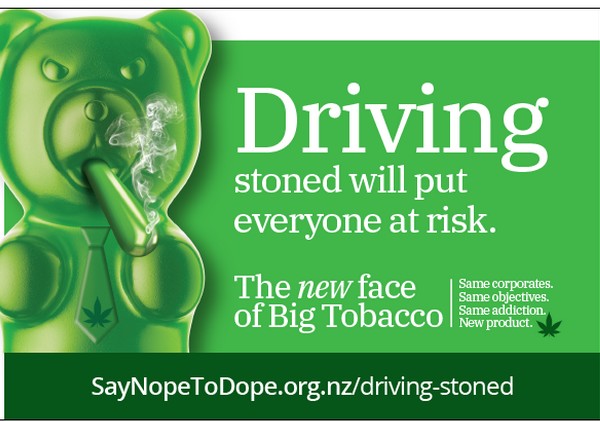
Insurance Journal 18 November 2019
Family First Comment: “Colorado, Oregon, and Washington saw a combined 5.2% increase in the rate of police-reported crashes after legalizing recreational marijuana, compared with neighboring states where such sales are illegal, according to data compiled and analyzed by the Insurance Institute for Highway Safety.”
Car crashes in the first three states to legalize recreational marijuana have soared as law enforcement and regulators struggle to define driving high, let alone determine how to fight it.
Colorado, Oregon, and Washington saw a combined 5.2% increase in the rate of police-reported crashes after legalizing recreational marijuana, compared with neighboring states where such sales are illegal, according to data compiled and analyzed by the Insurance Institute for Highway Safety. Researchers tallied crash rates between 2012 and 2016.
Auto-insurance collision claims in the three states have also increased a combined 6% since legalization, compared with neighboring western states without legal weed, the Highway Loss Data Institute found. Analysts controlled for variables such as driver population, car model, weather, and driving environment.
The increases have caught Congress and federal regulators off guard as states with legalized marijuana seek answers. Unlike with alcohol, scientifically there’s neither a proven definition of marijuana-impaired driving nor a method of detecting it, making it difficult to police and prosecute. Insurance companies say driving under the influence statistics don’t separate out marijuana and can’t be used to set rates, taking away another potential deterrent to driving high. And Congress has impeded regulator efforts to collect more information on the subject.
“Drunk driving is still the No. 1 killer on our roads,” said Helen Witty, president of Mothers Against Drunk Driving. “But drugged driving, as it’s legalized across this country, is a huge, emerging issue.”
Scientists know that drivers who are high tend to drive at lower speeds, have more difficulty staying in their lanes, and are slower to brake in an emergency than drunk drivers, the National Highway Traffic Safety Administration reported.
READ MORE: https://www.insurancejournal.com/news/national/2019/11/18/548752.htm
